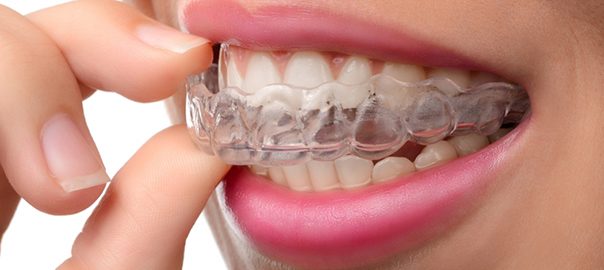
Teeth Grinding (Bruxism): Causes and Treatments
The majority of individuals clench and grind their teeth regularly. Teeth grinding, also known as bruxism, is not normally harmful, but when it occurs frequently, teeth can be destroyed, and other dental health issues might ensue.
Why do Individuals Grind Their Teeth?
Individuals grind their teeth for many reasons. While stress and worry can induce teeth grinding, it is more commonly caused by an irregular bite, lost or crooked teeth, or an aberrant bite during sleep. A sleep issue like sleep apnea might also be one of the teeth grinding causes.
What Causes Teeth Grinding in People?
Teeth grinding is not commonplace and is harmless. If you grind your teeth daily, though, you may be inflicting harm on your teeth. The very first line of treatment for teeth grinding is to figure out what’s causing it.
Typical teeth grinding causes involve:
- Anxiety and stress
- Bite that is uneven or misplaced
- Teeth that are missing, broken, or crooked
- Sleep apnea and other sleep problems
- Depression medication
- Neurological illnesses like Huntington’s disease and Parkinson’s disease
Teeth Grinding Symptoms
The symptoms of bruxism could be the only approach to distinguish if you bash your teeth at night in some cases. Check for the following signs:
- Persistent dull headache
- Sore jaw
- Others can hear a grinding sound you make while sleeping.
- Excessive Tooth Wear
Tip: Teeth grinding causes dental loss if left unchecked. Brushing twice a day with an enamel-strengthening toothpaste can assist in mitigating the loss.
How Do I Identify Whether I Am Grinding My Teeth at Night?
Most individuals are unsure that they gnash their teeth since it frequently occurs during sleep. A dull, continuous headache or aching jaw when you awaken, on the other hand, is a definite sign of bruxism. People frequently discover that they gnash their teeth from a close one who hears it at night.
Consult your orthodontist if you believe you are crushing your teeth. They can look for indicators of bruxism in your teeth and jaw, including jaw pain and excessive tooth wear.
Is Teeth Grinding Bad For Health?
Chronic tooth grinding can cause cracking, weakening, or loss of teeth in certain people. Chronic grinding can cause teeth to become scars. Root canals, bridges, crowns, implants, and partial and complete dentures could be required when these situations arise.
Grinding your teeth can harm your teeth and lead to tooth loss, but it can also harm your jaws and alter the look of your face.
Treatment For Teeth Grinding
Your orthodontist can make you a mouth shield to prevent you from crushing your teeth at night. If you smash your teeth because of stress, consult a doctor or dentist about relaxing ways. Some teeth grinding treatments that may be suggested include stress counselling, beginning an exercise program, consulting a physical therapist, or getting treatment for muscle relaxants. Other suggestions for preventing teeth grinding include:
- Caffeine-containing foods and beverages, such as colas, chocolate, and coffee, should be avoided or limited.
- Avoid consuming alcohol. After consuming alcohol, grinding tends to become more intense.
- Do not chew on pencils, pens, or other non-food items. Chewing gum causes your jaw muscles to become accustomed to clenching, increasing your chances of grinding your teeth.
- Practice not clenching or grinding your teeth. If you find yourself clenching or grinding your teeth throughout the day, place the base of your tongue over your teeth. This exercise helps you control your jaw muscles.
- Place a wet washcloth on your face in front of your ears at bedtime to calm your jaw muscles.
Winding Things Up
When you clench and grind your teeth, this is known as bruxism. It can come at any stage of day or night. Because you don’t realize you’re doing it, sleep bruxism might cause more issues. Teeth grinding, if left untreated, can cause difficulties with your teeth, facial muscles, and jaw joints. Consult our doctor at Clove Dental if you get headaches or jaw pain in the morning. They can choose the best teeth grinding treatment for you, including a nighttime guard. Stress management might also help you stop grinding your teeth.
DISCLAIMER:Please note that the prices mentioned on this page: (a) present a range (depending upon the severity of the dental condition, the technology used in treatment, type of dental products used, etc.); (b) are true as on the date of this page and may change on a later date, in accordance with the standard company policy; (c) may be subject to standard aberrations or generalizations on account of the use of AI in general Google/internet search by you.Leave a Reply
Leave a Reply
Explore More Similar Posts
Explore More Blogs


Leave a Reply